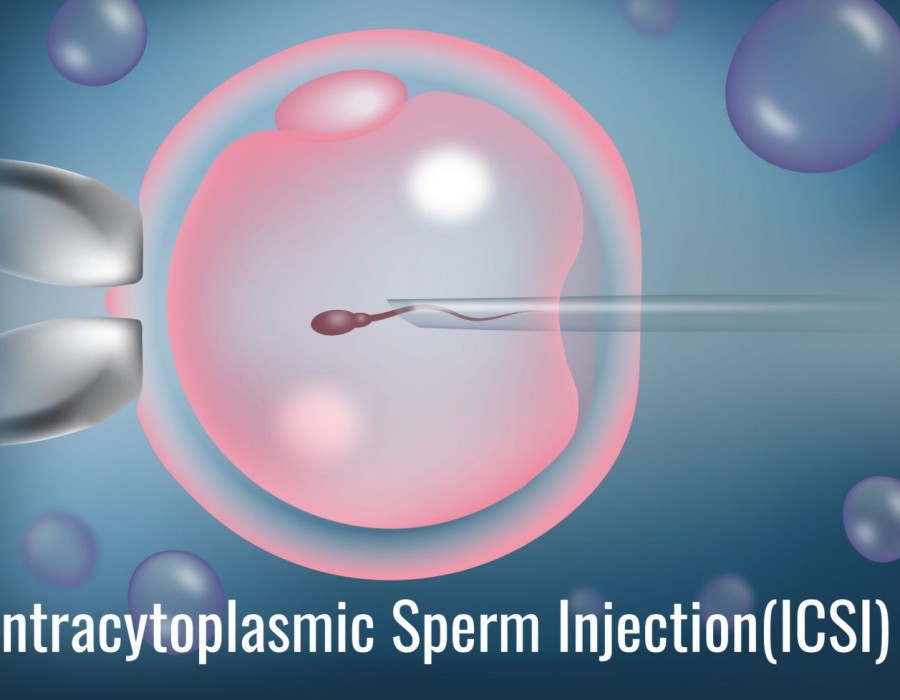
- Definition: ICSI stands for intracytoplasmic sperm injection, a specialized form of in vitro fertilization (IVF) that involves injecting a single sperm directly into an egg.
- Purpose: ICSI is used to overcome severe male infertility issues, such as low sperm count, poor sperm motility, or abnormal sperm morphology.
- Procedure: During ICSI, mature eggs are retrieved from the woman's ovaries and a single sperm is injected directly into each egg using a fine needle.
- Candidates: ICSI is recommended for couples with male infertility, previous IVF failures, or when sperm retrieval techniques like testicular sperm extraction (TESE) are used.
- Sperm Source: Sperm can be obtained from ejaculation, or surgically retrieved from the testicles or epididymis if necessary.
- Fertilization Rate: ICSI significantly increases the chances of fertilization compared to conventional IVF, especially in cases of male infertility.
- Embryo Development: After fertilization, the embryos are monitored for a few days before being transferred to the woman's uterus.
- Success Rates: The success of ICSI depends on factors such as the woman's age, the quality of the eggs, and underlying fertility issues.
- Advantages: ICSI allows couples with severe male infertility to achieve fertilization and pregnancy, which might not be possible with other methods.
- Risks: Risks include potential damage to the eggs during injection, fertilization failure, and ethical considerations regarding the use of invasive techniques.
Created by: ISHWA IVF CENTRE
Recommended




.png)

Comments